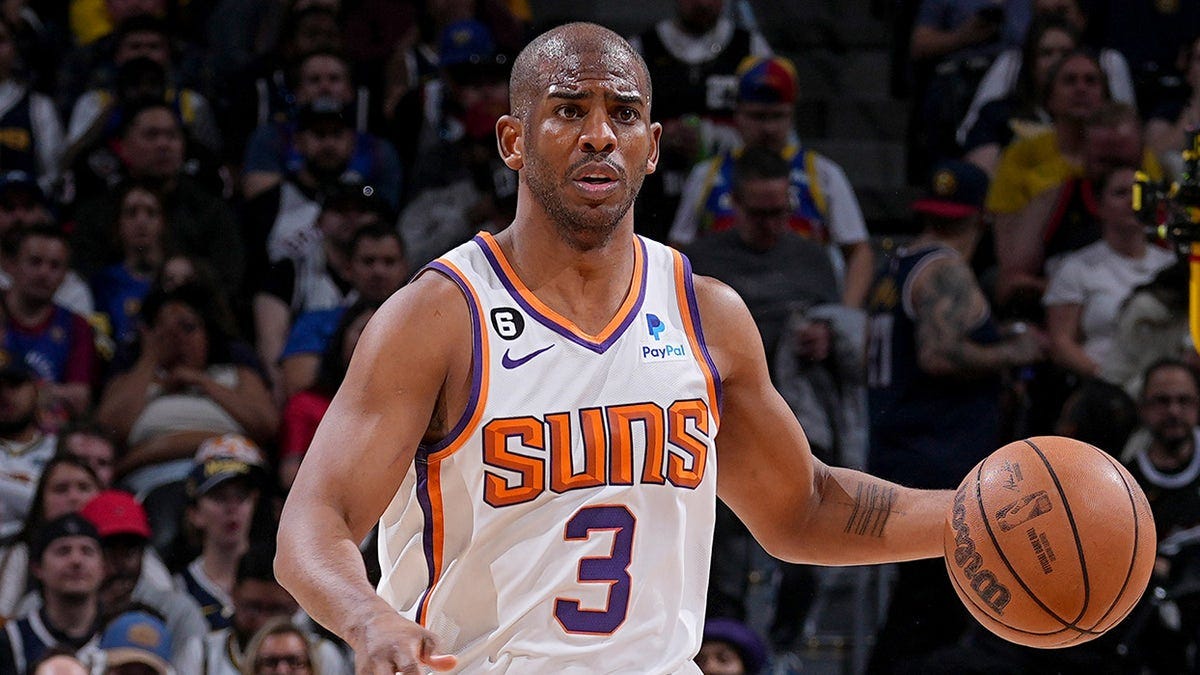In a move that sent shockwaves through the NBA, the Phoenix Suns made the tough decision to waive Chris Paul, an All-Star point guard and one of the league's most respected veterans123.
The move came after the Suns got eliminated by the Denver Nuggets and faced a lack of flexibility with their top-heavy roster. The Suns, burdened by the financial implications of Paul's four-year, $120 million contract, of which only two years and $75 million were guaranteed, decided to waive him to regain some financial flexibility. This decision followed unsuccessful attempts to find a viable trade for Paul, who had experienced a decline in performance the previous season1.
If the Suns stretch Paul's remaining guaranteed amount, his remaining $15.8 million would be divided into $3.16 million dead cap hits over the next five seasons. This would result in significant financial flexibility, allowing them to field a more robust team while staying below the luxury tax. However, it would also mean they wouldn't be able to re-sign Paul during that span1.
Another option that was explored was for the Suns to waive Paul, re-sign him for the $12.2 million non-taxpayer mid-level exception, and then receive a $5.2 million set-off at the end of the season. While this wouldn't provide immediate flexibility, it would allow them to keep Paul while saving $8 million1.
Now that Paul has been waived, he is set to become an unrestricted free agent for the first time in his 18-year career23. With a reported $375 million in career earnings, it's unclear what he will prioritize this offseason. He could take a significant discount to pursue a championship, an option that seems plausible given his age and career status1.
Multiple teams, including the Los Angeles Lakers, Los Angeles Clippers, Miami Heat, and Memphis Grizzlies, have been mentioned as potential destinations for Paul. The Lakers, in particular, have been highlighted due to Paul's close friendship with LeBron James and the team's access to the mid-level exception and the bi-annual exception, enough to sign Paul should he become a free agent1.
As for the Suns, their decision to waive Paul signals a new era and a potential shift in strategy. They are now expected to explore options to add more depth to their roster and maintain financial flexibility. Whether or not they can sign Paul back or what the future holds for him will be one of the most intriguing storylines to follow in the upcoming NBA offseason.



